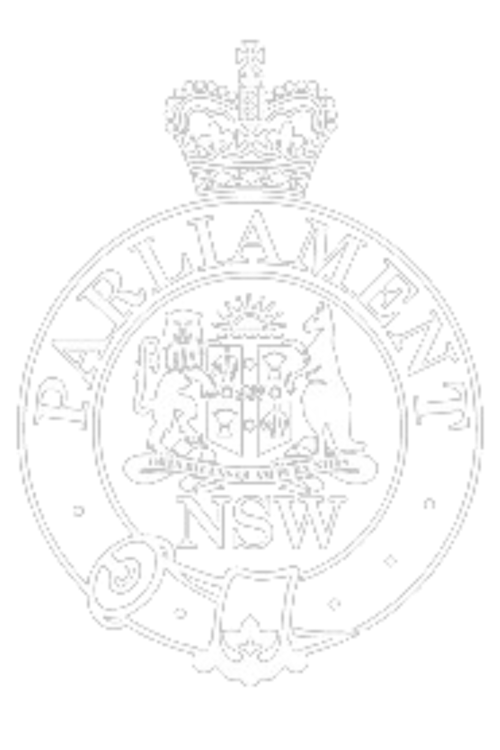Ms CHARISHMA KALIYANDA (Liverpool) (19:39): I speak about an important and emotional issue for many in my community. Many of my constituents in Liverpool have contacted me to express their despair and distress. Over the past 18 weeks, we have watched the conflict rage in Gaza. The death toll in Gaza has now surpassed 27,500. Many of the survivors are without a family, or a home, or basic amenities. The conflict has filled hospitals with patients classified by a new acronym, WCNSF—meaning "wounded child, no surviving family". This devastating term did not exist prior to this conflict and was coined by doctors in response to the awful reality that is now so prevalent for children in Gaza. Many have fled for their lives and safety. Many others, sadly, have not been able to leave.
In my electorate of Liverpool, I have heard harrowing stories from many Palestinian Australians who have family or friends in Gaza. I know many of my colleagues in electorates across western and south-western Sydney have heard similar stories in their communities. They are some of the most difficult conversations I have had to have as a local member. As of late November, the Australian Government had approved more than 800 visas for Palestinians with connections in Australia. In December, 143 of those successful visa applicants arrived, including at least 10 families in my electorate of Liverpool. It is a slow trickle, given the unpredictability of being able to cross the Rafah border into Egypt. Those who arrive in Australia must be attached to a sponsor. They must be a family member and an Australian citizen. The visa holders from Gaza have no work rights or access to Federal Government assistance. The pressure is on communities like mine to support those fleeing this conflict.
In the face of this, many across western and south-western Sydney have stepped up. One of those is Western Sydney dentist Fadi Hajaj, who is sponsoring his cousin but also directly supporting 29 people across seven families. He works to support them by getting them legal counsel and vouchers for food, and even providing the children with some fun activities—a welcome reprieve from the crisis they fled. Local charities have also sprung into action. On 21 January this year, with my colleagues the member for Leppington and the member for Granville, I attended the Love and Peace fete at The FC Social in Rydalmere. This event, organised by the Australian Palestinian Club and Palestinian Christians in Australia, saw the community come together to raise vital funds for Gazans arriving in Australia. Despite being one of the hottest days of the summer, the fete featured people of all ages and cultural backgrounds who were compelled to act.
In all of this tragedy, it has been heartening to see the community in south-west Sydney show up to support those arriving in Australia. Charities have been inundated with offers of support from the public, including local grocers offering free wares, with other community members offering food, whitegoods and televisions. Local children have donated their toys. Those in healthcare or legal fields have been generous and offered their expertise and time. Some community members have been selfless and have opened up their homes so that arriving families have a roof over their heads. The President of Palestinian Christians in Australia, Susan Wahhab, became so inundated with goods that she ran out of space in her home garage to store donations. She has had to source a large warehouse, which is abuzz most days with volunteers sorting all kinds of donations.
I know there is much goodwill in communities like mine, but some are not quite sure where to go to provide help. Palestinian Christians in Australia, amongst other charity organisations and places of worship, such as mosques, churches, and temples, are actively driving for donations of funds, toiletries, clothing, food, manchester and kids' items to support new arrivals in Australia. Furthermore, volunteers are helping to provide logistical support for the families, such as paying for Opal cards so that they can access public transport to navigate our city. These are the things that we often forget about when we try to imagine the impact of war and conflict on people. I am proud of the many good-hearted people in the Liverpool community who have stepped up to support the vulnerable during a time of extreme need. I encourage everyone who wants to and is able to show support to do the same.


